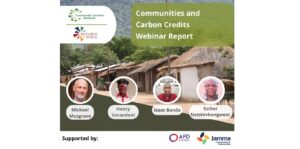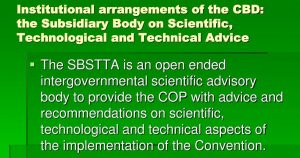World Day to Combat Desertification and Drought.
Restoration. Land. Recovery.
Today, June 17 2021 is World Day to Combat Desertification and Drought.
This year the theme is “Restoration, Land. Recovery.” and will focus on turning degraded land into healthy land.
- Restoring degraded land brings economic resilience, creates jobs, raises incomes and increases food security.
- It helps biodiversity to recover.
- It locks away the atmospheric carbon warming the Earth, slowing climate change.
- It can also lessen the impacts of climate change and underpin a green recovery from the COVID-19 pandemic.
Avoiding, slowing and reversing the loss of productive land and natural ecosystems now is both urgent and important for a swift recovery from the pandemic and for guaranteeing the long-term survival of people and the planet.

Africa Project Cover Great Green Wall UNCCD
In a statement to mark the occasion of World Day to Combat Desertification and Drought, Elizabeth Maruma Mrema, Executive Secretary, Convention on Biological Diversity, acknowledges the central role of indigenous peoples and local communities in halting ecosystem and land degradation which is:
“accelerated through human activities (and) negatively impacts the well-being of at least 3.2 billion people and costs more than 10 per cent of the annual global gross product in loss of biodiversity and ecosystem services”
The statement refers to the “fifth edition of the Global Biodiversity Outlook which has outlined eight major transitions needed to slow, then halt nature’s accelerating decline and move our societies into a more sustainable co-existence with nature.
“One of these, the land and forests transition, aims to conserve intact ecosystems, restore ecosystems, combat and reverse degradation, and employ landscape level spatial planning to avoid, reduce and mitigate land-use change. These actions are to be undertaken while ensuring the full involvement of indigenous peoples and local communities.”



